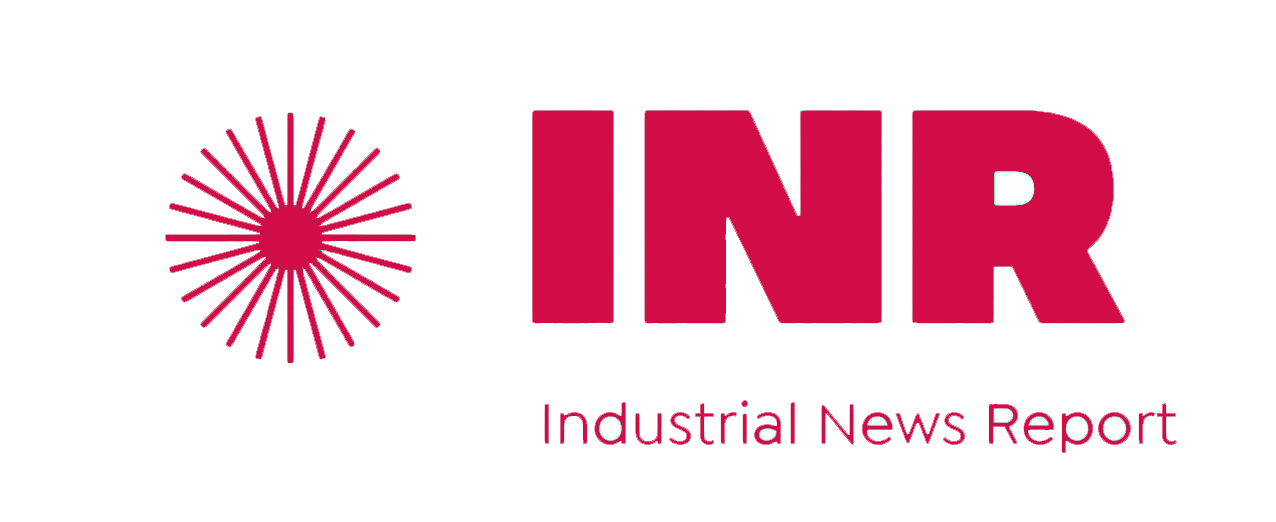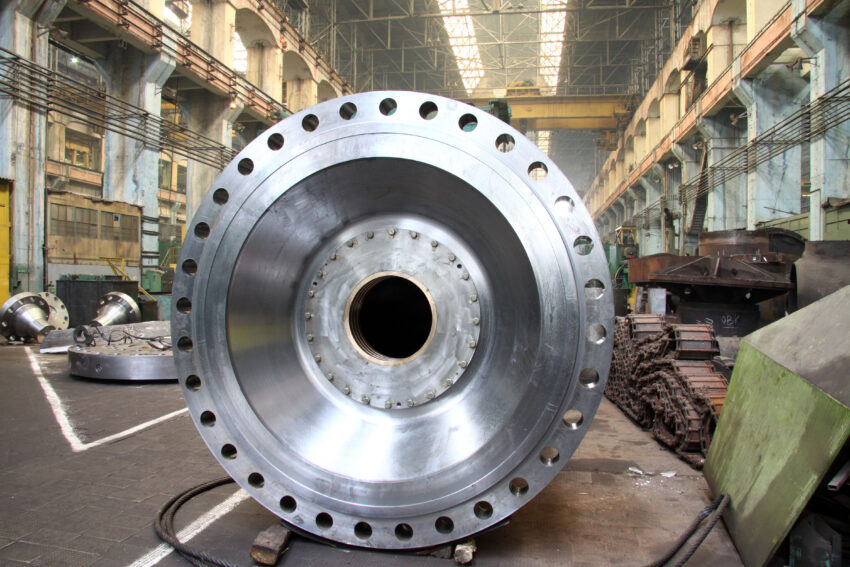When forging seamless rolled rings for industrial machinery, it is crucial to tailor components for their specific applications, or “end use.” In the realm of metal parts, this term commonly denotes the ultimate form and state of the final machined part, along with a comprehension of the operating conditions it will face during service.
“By understanding the final application or purpose – the end use – for which these parts are designed and manufactured, forged parts suppliers can determine the appropriate materials, manufacturing processes, and quality standards necessary to ensure that the metal parts perform effectively and reliably in their intended applications,” says Jeff Klein, Director of Sales for All Metals & Forge Group. The ISO 9001:2015 and AS9100D-certified manufacturer produces open die forgings, seamless and contoured rolled rings, and complex forged parts to industry standard specifications in 8-10 weeks.
Open die and forgings and seamless rolled rings play a crucial role as components in gears, turbines, bearings, clutches, couplings, drives, flanges, valves, machines, and rollers. As such, these items must exhibit exceptional attributes such as strength, durability, precision, and resistance to fatigue, deformation, and harsh environments to meet precise performance standards when deployed in the field.
“It is vital that the manufacturer specify the end use of each part and ensure it is communicated throughout the production chain, from the design engineer, through purchasing, the forging operation, heat treating, finish machining, and final assembly of the end use, including the mechanical property requirements and the heat or corrosive conditions in which the forged part will perform,” says Klein.
The specific function of the part will dictate its design, dimensions, material selection, forging, heat treating and finishing processes. In all cases, the part must be manufactured to industry standard specifications such as ASTM, AMS, AISI, or API unless the OEM has developed their own requirements by modifying one of those standards. In short, the finished product must comply with all quality, durability, chemistry, and mechanical properties within the selected standard.
Seamless rolled rings can be produced in a variety of alloys, sizes, and shapes specific to fit end use requirements. However, by collaborating closely with the forging supplier, engineers, buyers, and machinery builders can ensure the ideal selection of chemistry, mechanical properties, heat treatment, machining, and testing ultimately required for each part’s end use. Material properties can also be altered for specific end uses by hot working as well as by using various chemistries, temperatures, heat treatment times, and cooling methods.
In the case of All Metals & Forge Group, end use is emphasized from the very beginning in the request for quote (RFQ) process. The company works with its steel mills to purchase the correct starting stock to achieve the specified properties and operating reliability required of every part. In addition, rough machined parts are tested at least three times to prove chemistry, mechanical properties, and soundness before shipping.
For more information, contact All Metals & Forge Group, LLC at 75 Lane Road, NJ 07004; (973) 276-5000; Canada 416-363-2244, toll-free (800) 600-9290; fax (973) 276-5050 or visit http://www.steelforge.com.

